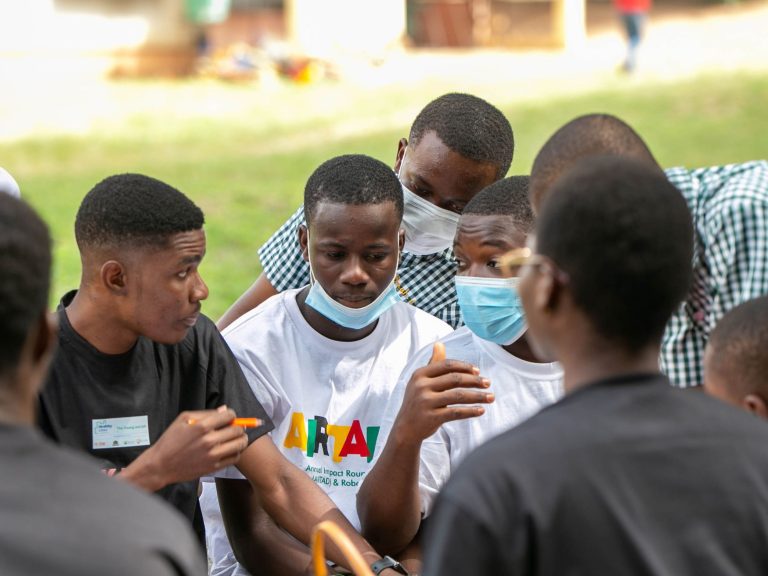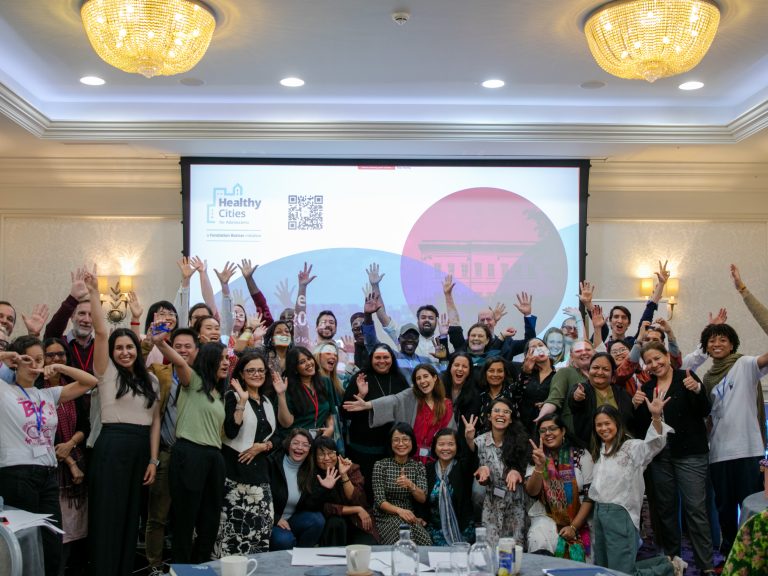Every October, the United Nations Human Settlements Programme (UN-Habitat) and partners organise a month of activities and events centred around urban sustainability. This annual initiative, known as Urban October, provides a global platform for people to discuss the challenges and opportunities related to our ever-evolving cities and towns. The culmination of Urban October took place on 31 October, with World Cities Day as its focal point.
Spotlight on Healthy Cities for Adolescents in webinar on equitable partnerships
As part of World Cities Day, the Melbourne Centre for Cities hosted an enlightening discussion on the importance of building equitable partnerships to foster sustainable urban futures. The webinar was organised by the Evidence to Action project, an initiative of Fondation Botnar. Drawing experts and stakeholders from various projects and programmes supported by Fondation Botnar, the webinar featured a presentation from Kathryn Scurfield, Director of the Healthy Cities for Adolescents (HCA) programme.
Kathryn gave an overview of the programme’s second phase (HCA-II), shedding light on its seven active projects across Colombia, Ecuador, Ghana, India, Senegal and Vietnam. She emphasised the significance of consortia in the context of HCA-II and their role in programme delivery and outcomes. ‘Working in a consortium is vital for catalysing system change and promoting multi-sectoral collaboration. It’s a way to foster city-level engagement and create partnerships between communities, the local government, private sector, civil society and beyond,’ said Kathryn.
One key takeaway from Kathryn’s presentation is the importance of starting consortium building right from the project’s co-design phase. When it comes to creating an equitable consortium, aspects like nurturing relationships and understanding the context in which the consortium operates are equally important. Kathryn also underscored the need for consortium flexibility, which plays a crucial role in driving innovation within multi-country programmes. She further emphasised: ‘You need to develop a culture of learning and openness to challenge existing assumptions, approaches and solutions.’
HCA and the UN’s New Urban Agenda
As highlighted in the New Urban Agenda, young people are key agents of change in creating a better future. HCA-II contributes to the New Urban Agenda by ensuring that adolescents have more and better opportunities to participate meaningfully in developing sustainable and equitable cities.
Watch the full recording to delve deeper into this thought-provoking webinar.


